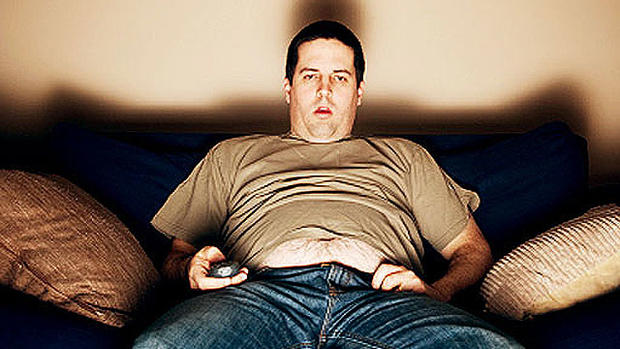How fast is the Grim Reaper? Study has answer
(CBS) What's the secret to cheating death? A new study suggests an extra spring in your step might do the trick.
PICTURES: 6 ways to sit less every day
The study says the Grim Reaper - a.k.a. the "Angel of Death" or just "Death" for short - can't walk faster than 3 mph.
Previous research suggests the slowest walkers can be three times more likely to die than the fastest. So scientists set out to answer once and for all: How fast does a person have to walk to avoid the Grim Reaper?
"We hypothesized we would be able to determine the walking speed of the Grim Reaper - information of importance to public health," the study authors wrote. The study is published in the British Medical Journal's Christmas issue which looks at the lighter side of research.
The Grim Reaper reportedly wears a black cloak, carries a scythe, and shows signs of severe weight loss, according to the study authors. To find out his walking speed, scientists clocked speeds for 1,705 senior men over 70 who lived in or around Sydney, Australia. The men were all part of the local Concord Hospital's aging in men project which tracked the health of older men from Australia, China, Italy, Great Britain, and Greece.
The researchers tracked the men's walking speeds over a five year period. What did they find?
During the five year period, 266 men died. Those men who died walked on average 1.8 mph, but the study showed all men who walked faster than 3 mph lived.
The only logical scientific conclusion? The Grim Reaper isn't a power walker.
"Faster speeds are protective against mortality because fast walkers can maintain a safe distance from the Grim Reaper," the study authors said. "This maximum speed might be used in particular instances where people are attempting to outrun Death and avoid their allotted fate."
The study did have several limitations though.
Some of the elderly men might have taken sedative medication which slowed their walking speeds. Men who couldn't walk at all weren't included in the study, nor were women. Also, the authors wrote, "As it is possible that Death's walking speed varies between work and leisure time, a clinic assessment of his walking speed without the occurrence of death in a nearby individual could inaccurately represent Death's usual pace under working conditions."
Though the study sounds silly, the research brings up a good point. Research has shown that adding walking to your daily routine can vastly improve quality of life by reducing pain from knee arthritis and reducing risk of dementia, diabetes, anxiety, depression, and overall risk of death.

